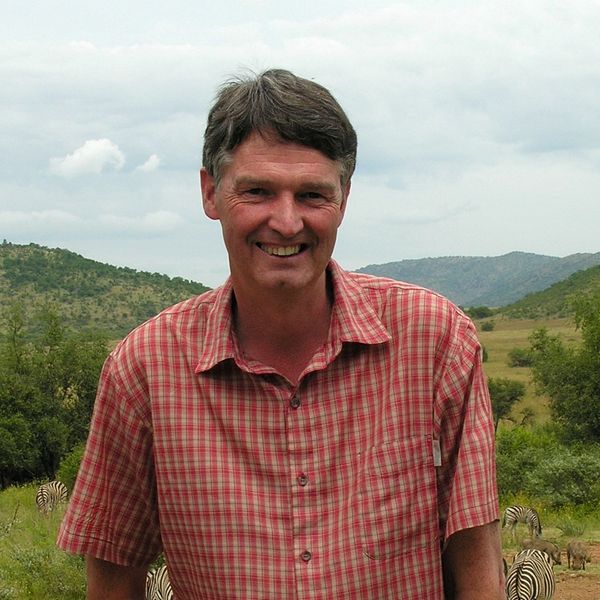Mike Jordan
Zoo Director
Loro Parque
Mike Jordan has more than 30 years’ experience in zoos, academia and international conservation, and was appointed zoo director of Loro Parque in 2025.
He joins Loro Parque from Chester Zoo where he was initially curator of mammals, birds and conservation training. He then went on the serve as senior conservation advisor to the South African government in zoos and game reserves from 2009, before returning to Chester Zoo in 2015 as its director of animals and plants.
During his tenure, Jordan pioneered the development of a long-term conservation plan, helped shape the zoo’s strategy for its animals and plants, and worked closely with the IUCN on global conservation projects.
Upon the announcement of his new role at Loro Parque, Jordan said in a statement: “It is a huge honour to be joining Loro Parque, one of the world’s leading modern zoos that is respected globally for its dedication to wildlife and its innovative approach.
“To join this team is an extraordinary opportunity, and I look forward to helping shape its future.”
Wolfgang Kiessling, president and founder of Loro Parque, said: “Mike Jordan brings world-class experience and knowledge of animals and zoos. He also has a deep passion for conservation that we share at Loro Parque.
Jordan trained as a zoologist at the University of London. He completed his postgraduate studies working for the UK Forestry Commission, researching woodland rodent ecology and conservation.
He then entered the zoo sector through work with the IUCN, BIAZA and EAZA, and was later a senior lecturer in zoo and wildlife management at Sparsholt College in Hampshire.
Jordan has worked extensively in reintroduction and conservation management/planning, specialising in small mammals and invertebrates.
In summer 2024, Chester Zoo celebrated the birth of one of the rarest animals on the planet, a male onager foal named Jasper.

